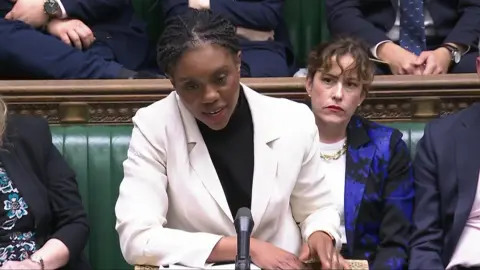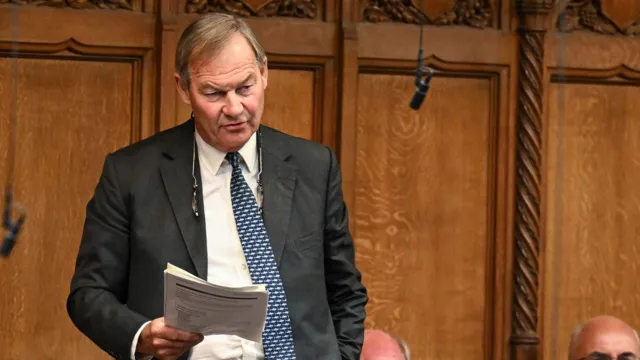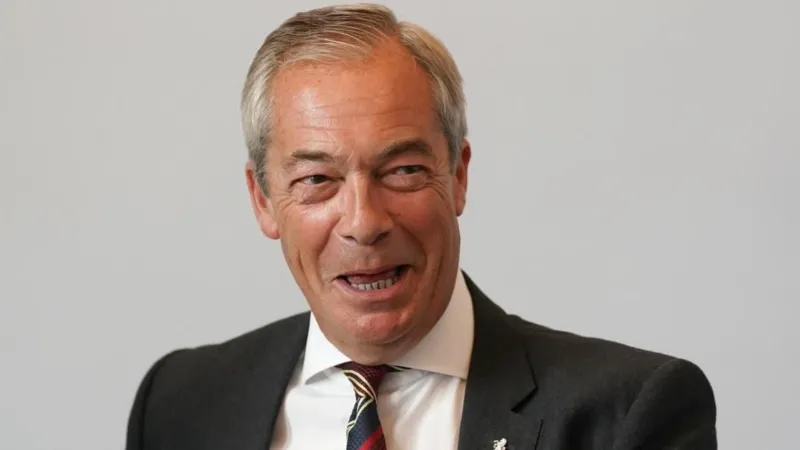Chris Mason: Gender Debate Remains Intense Despite Supreme Court Ruling
In my 25 years as a political journalist, I’ve rarely encountered an issue with such fervent passion and entrenched division as the ongoing debate surrounding sex, gender identity, and transgender rights. The intensity of arguments – fueled by anger, vitriol, and often outright abuse – has surpassed even periods of heightened tension surrounding events like the Iraq War in 2003 and Brexit in recent years. My inbox is consistently flooded with impassioned, sometimes hostile, messages every time I report on this complex area. Last week’s landmark decision by the Supreme Court, which defined ‘woman’ as ‘biological woman,’ has undeniably shifted the landscape of these arguments, establishing a new framework for discussion. However, it’s crucial to recognize that this ruling is not a definitive end point. As evidenced by a heated debate in the House of Commons on Tuesday evening, the conversation surrounding gender and women’s rights continues unabated. Conservative Party leader Kemi Badenoch notably took the unusual step of defending her party’s position directly, showcasing a level of confidence rarely displayed since assuming leadership. Her remarks included a pointed assertion – effectively stating ‘I told you so’ – directed at Labour, referencing their previous struggles with questions regarding transgender rights and the definition of ‘woman’. Labour has historically grappled with these issues, often facing internal disagreements and public scrutiny over complex questions such as whether a trans woman can be considered a woman. Senior figures within the party have consistently advocated for thoughtful engagement on transgender rights while simultaneously expressing concerns about reductive or trivializing approaches to the debate. The Supreme Court’s decision triggers a cascade of practical considerations across diverse sectors – from large corporations and public institutions to smaller organizations and individuals. The ramifications will be felt acutely by trans people, but also by women’s rights advocates, healthcare providers, and legal professionals. While the legal precedent has been set, the underlying debates regarding identity, equality, and representation are far from settled. Furthermore, it’s worth noting that Labour Leader Keir Starmer has publicly stated his belief that trans women are not women, a position which contrasts with broader societal acceptance of transgender identities. This divergence in opinion further complicates the political landscape surrounding this issue.









Post Comment